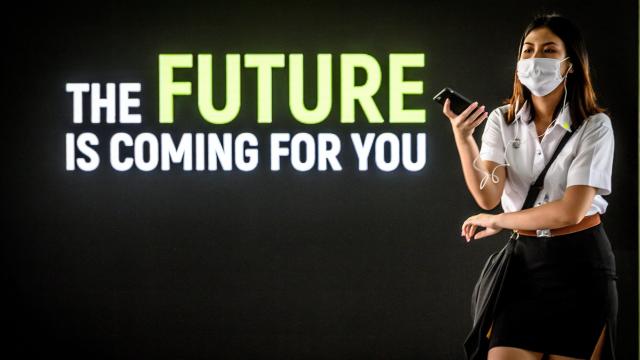For all of the cat videos and spicy GIF’s tech actors have brought into the world, there’s no denying that being very online hasn’t been the best thing for anyone’s mental health. We’re anxious and angry from our time spent on social platforms, we’re overwhelmed by our email inboxes, and the depressingly common headlines about tech companies’ hellish behaviour have left a lot of us, well, depressed.
In my case — and maybe yours, too — things stop there: a general sense of “uggghhhh.” Not everyone is so lucky. More and more, we’re seeing people’s despair over our boring dystopia coalesce into actual phobias: a specific breed of anxiety disorder that’s intense enough to keep a person from actively living an unimpeded life.
While certain tech-fears haven’t made it into the Diagnostic and Statistical Manual of Mental Disorders (the core reference book mental health professionals use to diagnose their patients), some psychology experts are pushing to change that down the road. In the meantime, feel free to take a shot every time you diagnose yourself with any of these fun phobias.
Nomophobia
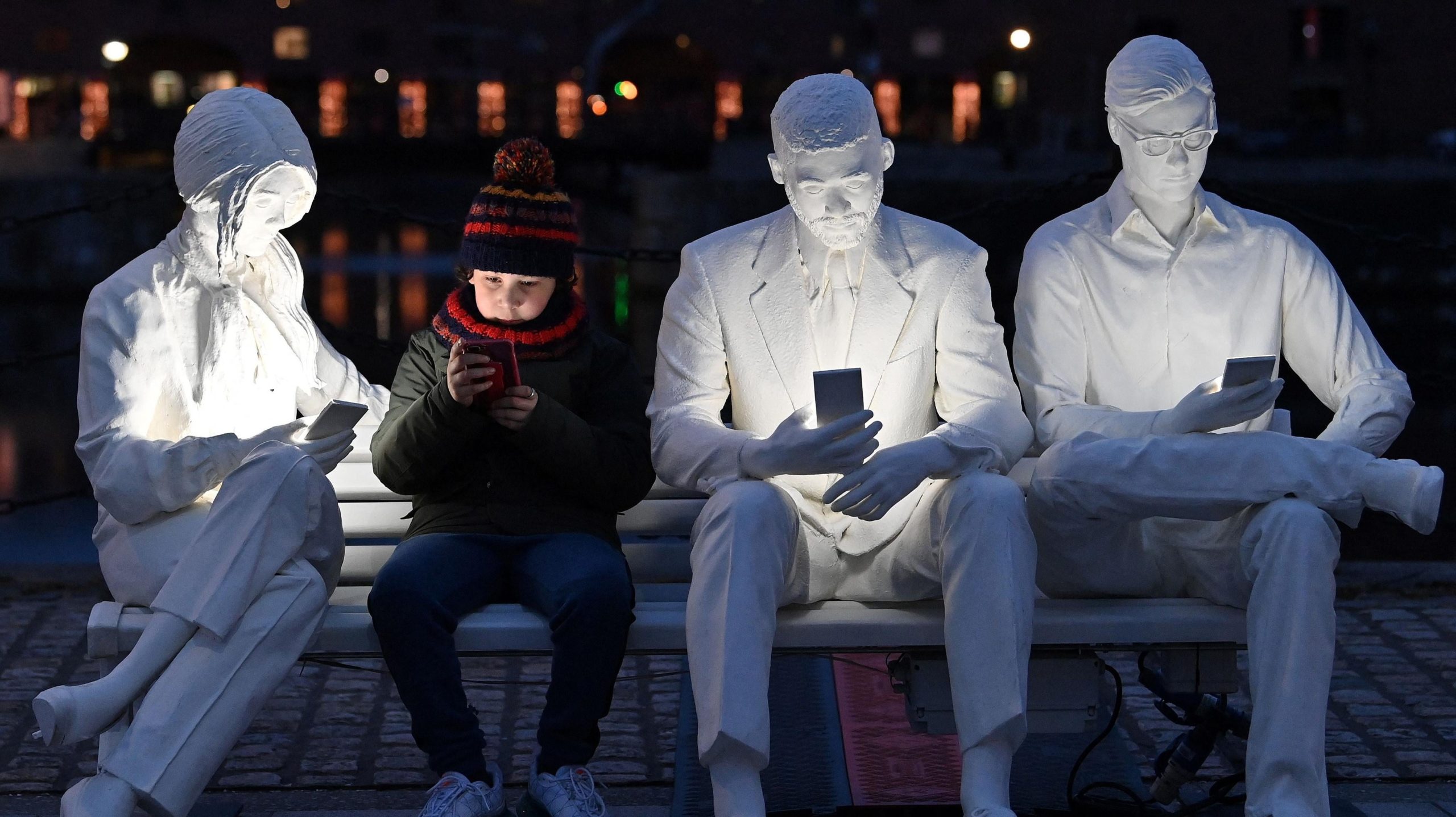
Back in 2008, the UK Post Office tapped an outside research firm to survey 2,163 mobile phone users across the region, seeking to figure out how anxious these newfangled devices were leaving customers. You won’t be surprised to find out that the answer was: pretty darn anxious! More than half of respondents — around 53%, to be precise — reported feeling a specific kind of jittery nervousness whenever their phone lost its signal, was shut off, or just… wasn’t in their hand for a little while.
The researchers decided to call these people’s condition “nomophobia” — literally an abbreviation for “no mobile phone phobia,” or a fear of being without mobile phone access for a prolonged period of time. Since that first survey, researchers across the globe have put out study after study detailing how this phobia is closely related to other issues, like chronic depression, sleeping disorders, and low self-esteem.
Scopophobia
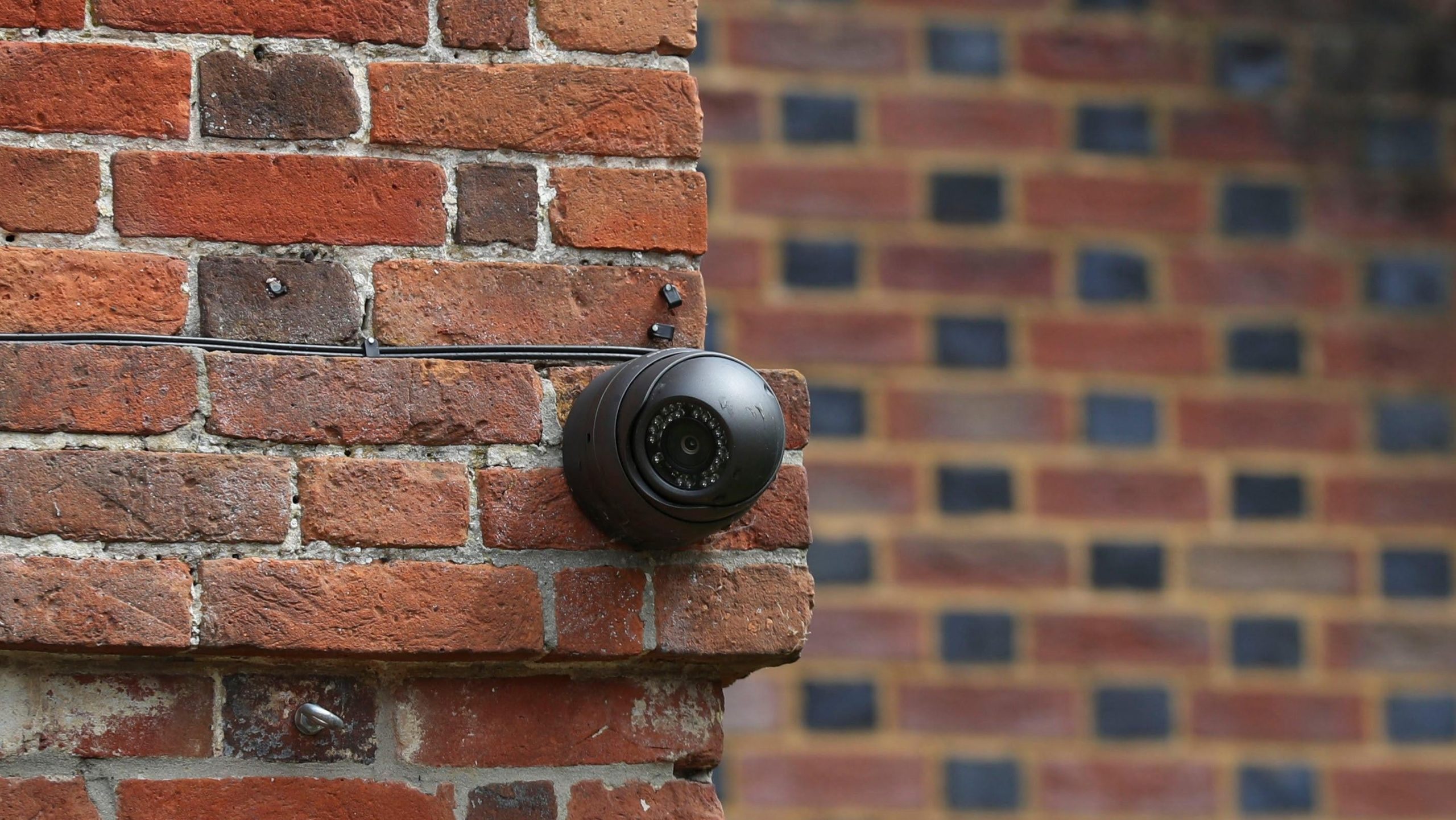
In 2018, an Indian psychology journal put out a case study describing how one woman’s digital privacy obsession was sending her life into a spiral. The 54-year-old patient showed up at the doctor’s doorstep showing “significant distress and fear about her safety,” after reading report after report after report detailing hackers pawning off people’s personal data.
It’s a pretty rational (and common!) fear, but it’s also one that led to this woman’s life falling apart. She started missing important emails because she was too scared to check her inbox, and she stopped paying any of her bills online because she was too scared to use the bank’s online payment processor.
“Although computed security needs to be taken seriously, it might become excessive for some people leading to avoidance of computer,” dubbing her diagnosis as “internet phobia.” That name didn’t catch on, but some researchers in the digital privacy space have started using another term instead: “scopophobia,” which just translates to an excessive fear of being stared at by anyone else. Thanks to the global pandemic forcing all of us to live most of our lives on the digital plane, that means — as one privacy analyst put it — we’re all being digitally stared at on a near-constant basis. Who wouldn’t be paranoid about that?
Radiophobia
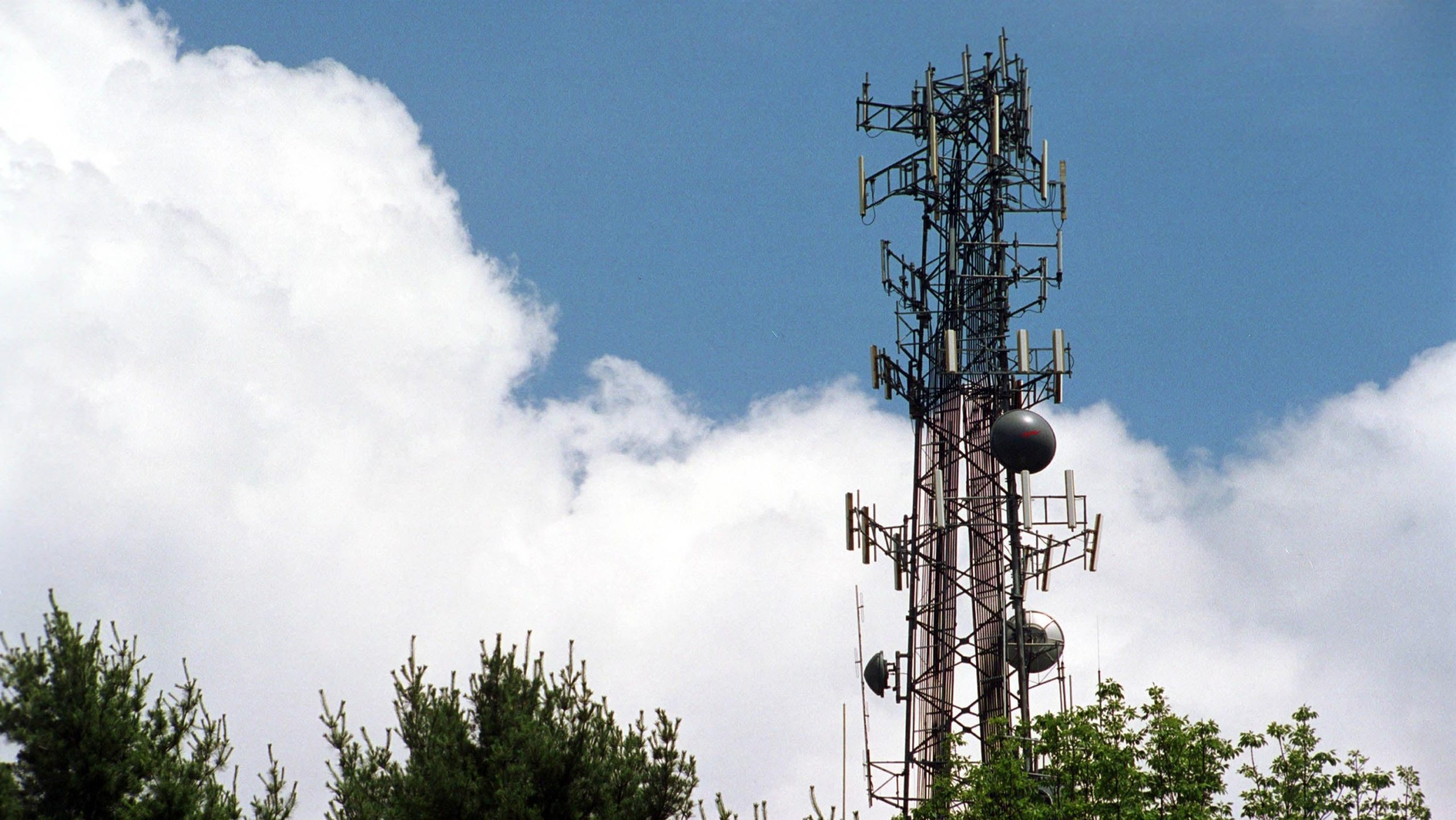
By the time everyone’s weird uncles started spouting out theories tying 5G tech to cancer and covid-19, people’s unfounded conspiracies about radio waves and radiation had already been making rounds across the country for decades. The term for this specific fear — radiophobia, literally the fear of radiation in all its forms — first boomed into the public consciousness in the early 1900’s, a few short years after physicians began using X-rays on their patients.
Back then, it made sense to be a bit wary of the machine your doctor was wheeling out. In the early days of this tech, factory workers charged with manufacturing X-ray tubes would end up with radiation burns so bad that in at least one case a worker’s hand needed to be amputated. Some of the patients exposed to these early devices, meanwhile, didn’t end up faring much better.
For whatever reason, these fears have persisted well into the modern era, despite federal agencies and medical authorities putting out endless studies showing that modern machines are, well, modern. In the century since this tech was first tested, we’ve created machines that blast patients with relatively low doses of radiation that are a hell of a lot safer than what people were using in 1903.
Amaxophobia and Aviophobia
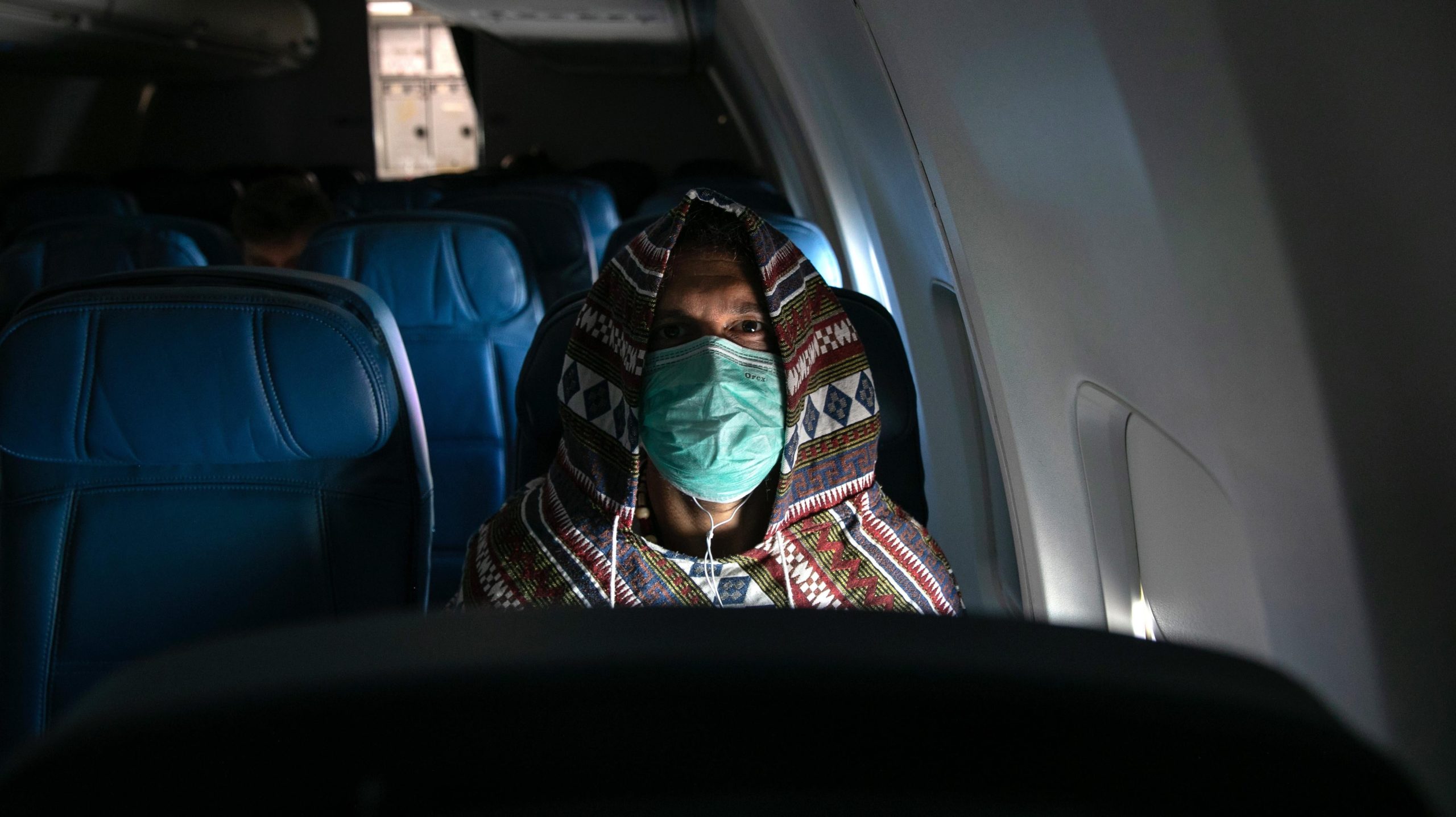
You probably know both of these by their more commonly used names: fear of driving and fear of flying.
I say “probably,” because these two phobias are by and large the most common on this list. One study published earlier this year found that between 33% and 40% of flyers report feeling some sort of anxiety when it’s time for takeoff, with a small subset — between 2.5% and 5% — getting anxious enough to be classified as having full-blown aviophobia. Stats on amaxophobia, on the other hand, are harder to come by, but researchers have found it closely linked with the post-traumatic stress disorder people typically feel after getting out of a car crash. And honestly, can you blame someone for not wanting to get behind the wheel after that?
Even ignoring your run-of-the-mill wreckage, companies like Tesla have given us so many other nightmare scenarios for drivers to panic over. There are driverless cars that probably shouldn’t be driverless, battery issues that cause vehicles to catch fire with the driver inside, and, of course, this arsehole.
Phobophobia
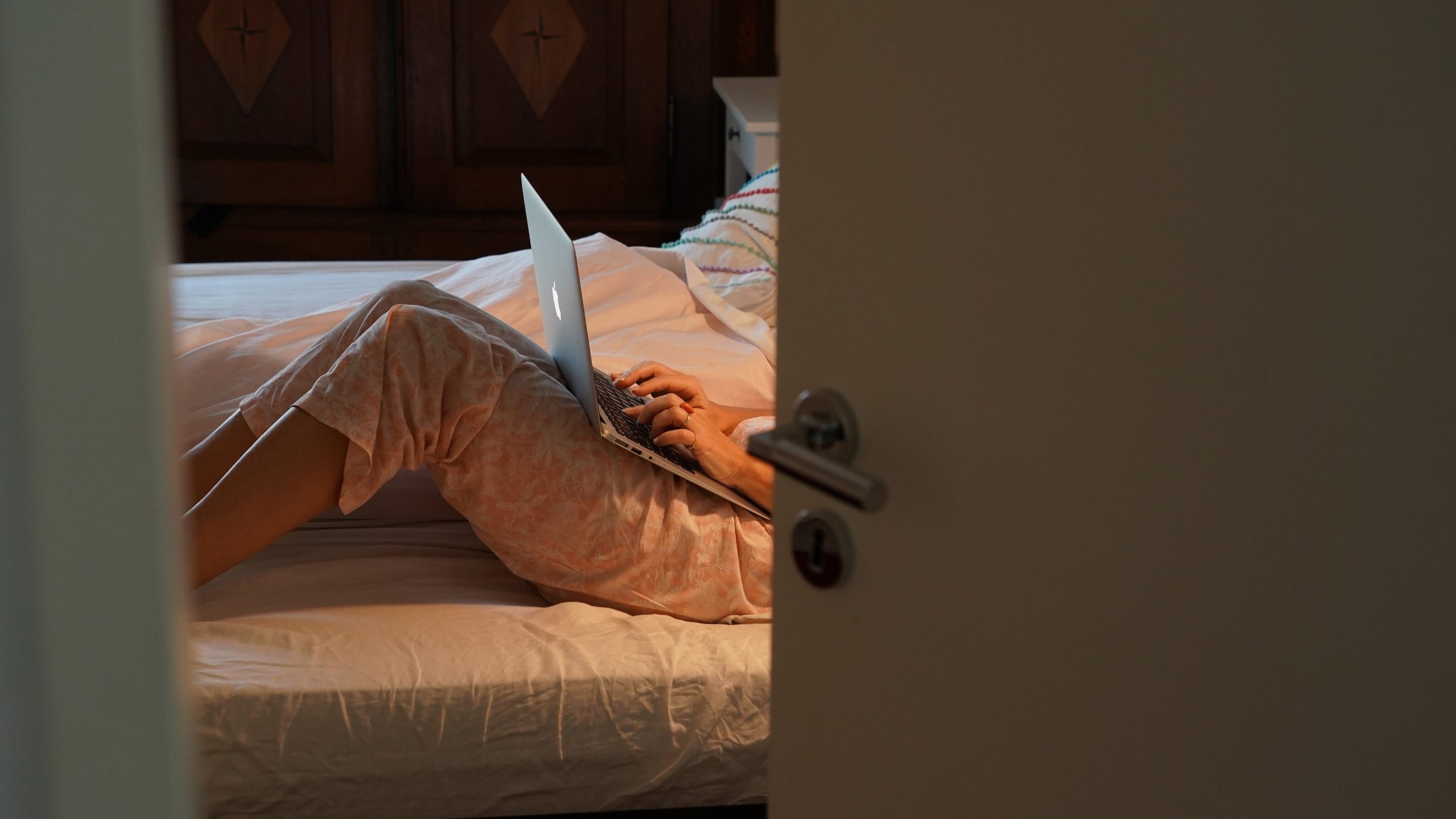
Phobophobia is literally a phobia of developing more phobias than the phobias you already have — which is exactly what I’m feeling after poring over dozens of phobia-centric websites to write up this list. Now if you’ll excuse me, I need to log off so I can go burn every mobile phone and laptop I’ve ever owned.
